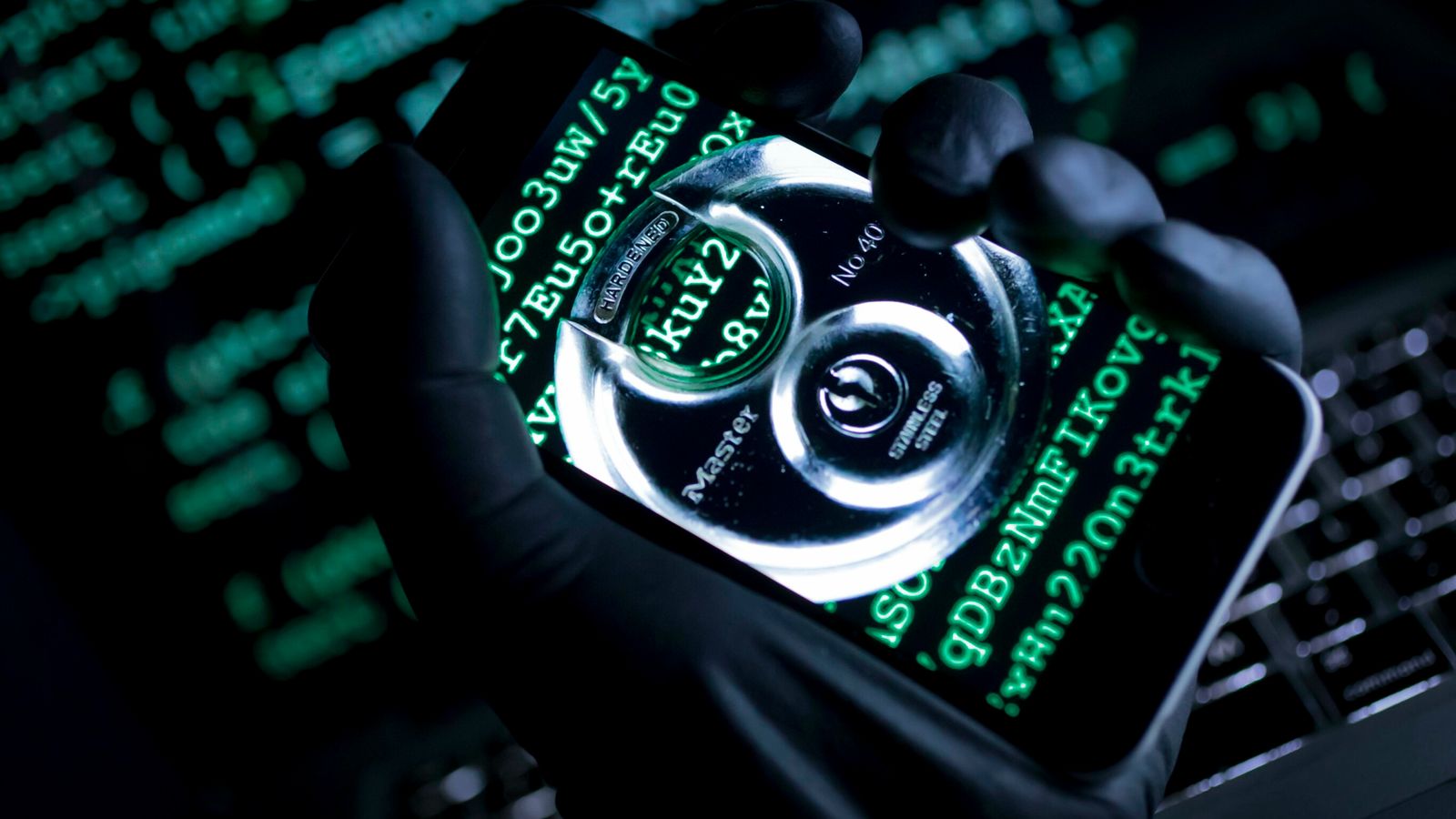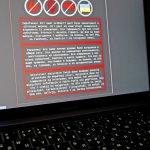Sophisticated malware is being used to spy on journalists, human rights activists and political dissidents, according to an investigation.
The targets are on a list of more than 50,000 phone numbers believed to be of interest to clients of NSO Group, the world’s most infamous hacker-for-hire outfit.
More than 1,000 individuals in 50 countries were allegedly selected for potential surveillance – including 189 journalists and more than 600 politicians and government officials.
However, the presence of a phone number on the list does not necessarily mean that it was hacked, or that a hack was attempted.
Amnesty International said its forensic researchers had found NSO Group’s spyware on the phone of Jamal Khashoggi’s fiancee Hatice Cengiz, four days after he was killed at the Saudi Consulate in Istanbul three years ago.
Responding to the investigation, NSO Group told The Associated Press that it had never maintained “a list of potential, past or existing targets” and that the report was “full of wrong assumptions and uncorroborated theories”.
The company said it only sells to “vetted government agencies” for use against terrorism and major crime but critics say these claims are dishonest and that the investigation shows the lack of regulation in the global surveillance industry.
Agnès Callamard, secretary general of Amnesty International, said: “NSO’s spyware is a weapon of choice for repressive governments seeking to silence journalists, attack activists and crush dissent, placing countless lives in peril.
“These revelations blow apart any claims by NSO that such attacks are rare and down to rogue use of their technology. While the company claims its spyware is only used for legitimate criminal and terror investigations, it’s clear its technology facilitates systemic abuse.
“They paint a picture of legitimacy, while profiting from widespread human rights violations.
“Clearly, their actions pose larger questions about the wholesale lack of regulation that has created a wild west of rampant abusive targeting of activists and journalists.
“Until this company and the industry as a whole can show it is capable of respecting human rights, there must be an immediate moratorium on the export, sale, transfer and use of surveillance technology.”
Pegasus infiltrates a phone to collect its personal and location data, also controlling its microphones and cameras as it spies on conversations with journalists’ sources.






















